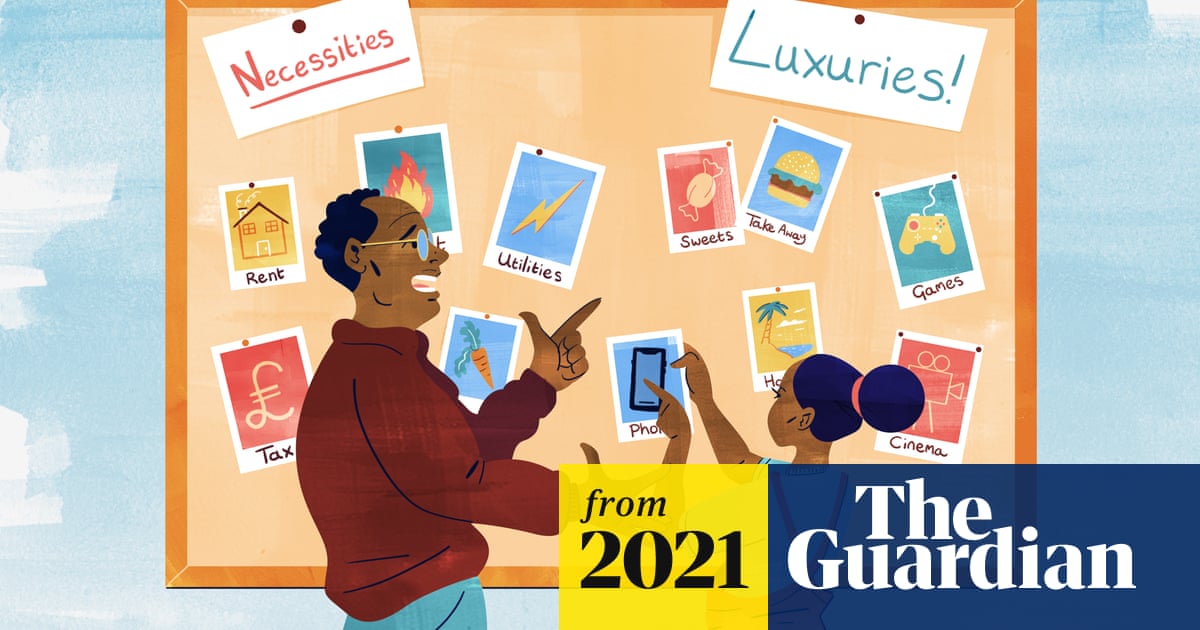
A study has shown that by the age of seven they can grasp the lessons they need to learn to avoid financial problems in the future
A study by the UK government's MoneyHelper service indicates that children's early experiences with money can influence their financial behavior in adulthood. By age seven, children can understand the value of money, delayed gratification, and the consequences of spending or saving choices. Encouraging kids to make age-appropriate financial decisions helps them develop positive money habits, promoting better financial planning and impulse control. Juliette Collier suggests giving young children coins to handle and teaching them about spending and saving early on. Resources like valuesmoneyandme.co.uk and FunKidsLive.com offer tools to educate children about money through books, quizzes, and games. Engaging children in real-life scenarios, such as budgeting during shopping or discussing hidden costs like utilities, helps them grasp financial concepts. Teaching children about poverty can raise awareness and empathy. Encouraging them to compare prices, understand quality differences, and participate in buying decisions cultivates valuable financial skills. Opening a Junior Isa, investing in companies together, and visiting charity shops with pocket money can provide practical lessons in financial literacy and social responsibility. Ultimately, involving children in financial discussions and decisions from a young age can help them develop a healthy relationship with money.